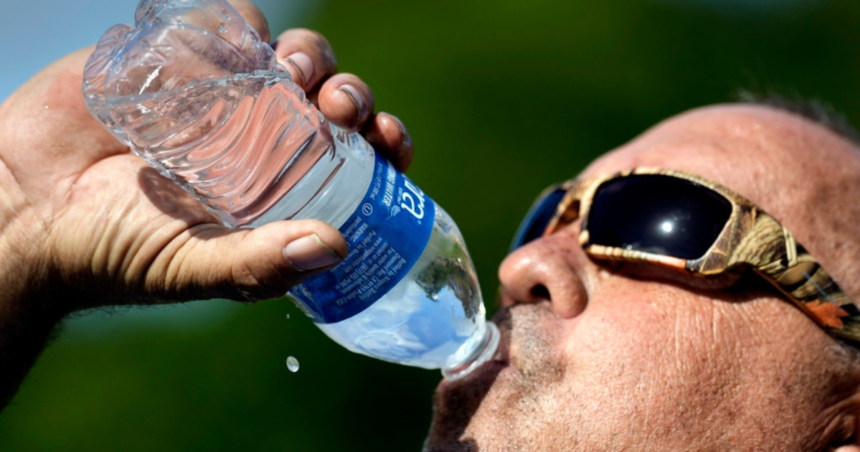Heat poses a significant health risk, and it’s crucial to prepare and prevent heat-related illnesses like heat exhaustion and heat stroke. Certain medications and health conditions can increase the likelihood of heat sickness.
“Be cautious about what you consume,” advised Dr. Joshua Feinstein, an ER Physician at Memorial Hermann Medical Center, in an interview with Scripps News.
Stay hydrated by drinking plenty of water and limit sugar intake to maintain hydration levels and keep your body cool. Understanding the risks associated with medications, whether prescription or over-the-counter, is essential as they can affect the body’s cooling mechanism.
“Many cold remedies contain decongestants that can redirect blood flow and hinder effective sweating,” explained Feinstein.
Certain medications like Parkinson’s drugs, antihistamines, and antipsychotics can impede sweating. Additionally, aspirin, laxatives, beta blockers, and blood pressure medications can diminish thirst sensation or the body’s ability to regulate heat dissipation.
It’s important not to discontinue medication without consulting a healthcare provider. If concerned, seek advice from a pharmacist or medical professional to understand the individual risk.
Avoid leaving medications in a vehicle, especially during hot weather, as heat and moisture can alter their potency before the expiration date due to chemical changes.
Inhalers, EpiPens, and insulin can be affected by heat, leading to potential malfunction or reduced effectiveness if exposed.
Weather
A heat dome is covering regions of the US, triggering excessive heat warnings
2:18 PM, Jun 04, 2024
Individuals with chronic health conditions are at higher risk for heat-related illnesses.
“Obesity patients with underlying diabetes and heart disease are particularly vulnerable to extreme heat and dehydration,” warned Dr. Frank Chae, Medical Director of Bariatric Surgery Program at Sky Ridge Medical Center.
If experiencing weakness, dizziness, or other symptoms of heat illness, seek shade, hydrate, and consider contacting a healthcare professional for assistance, emphasized Feinstein.
Recent data from the Associated Press reported 2,300 heat-related deaths last summer, with over 119,000 cases of heat illness in the emergency department, as per the Centers for Disease Control and Prevention.





